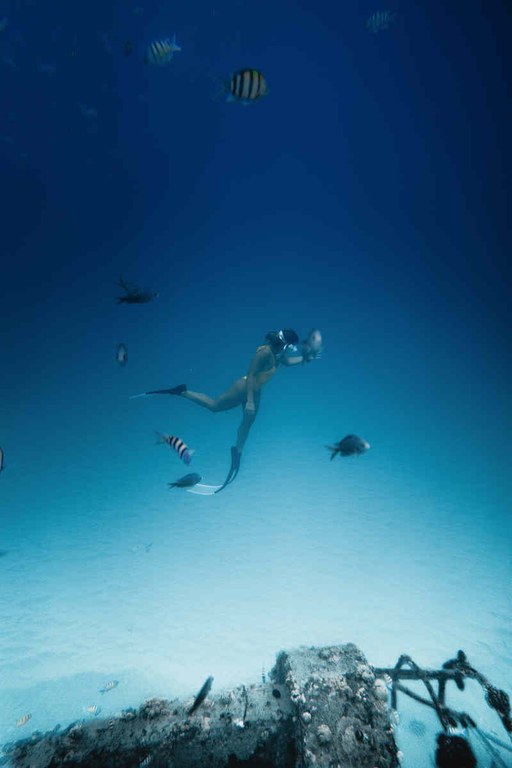NATURE-BASED SOLUTIONS FOR MARINE AND COASTAL PROTECTED AREAS (MCPAs)
Last year, Plan Bleu, the France-based Regional Activity Centre of UNEP/MAP, published a policy paper titled “Enhancing the Mediterranean’s climate resilience through Nature-based Solutions”. This document explores the differents ways to exploit nature-based solutions, like the services and resources provided by ecosystems and biodiversity, to enhance climate resilience.
Nature-based solutions are at the heart of many of the instruments developed under the Barcelona Convention. It is the case of Marine and Coastal Protected Areas (MCPAs) that offer a respite to the nature because humans let it do what it does best: self-healing.
MCPAs offer nature-based Solutions to support climate change adaptation and mitigation. By preserving marine biodiversity, MCPAs strengthen the resilience of marine ecosystems to global warming and other stressors. For instance, MPCAs play a very important role in protecting Posidonia oceanica meadows, which constitute an important carbon sink and buffer against sea acidification.
 Under the SPA/BD Protocol, the Contracting Parties to the Barcelona Convention have established a growing network of Specially Protected Areas of Mediterranean Importance (SPAMIs). There are currently 39 areas included in the SPAMI List from a total of 1,126 Marine and Coastal Protected Areas (MCPAs) covering 209,303 km2. This coverage amounts to approximately 8.3 percent of the Mediterranean Sea area, with strictly protected areas representing a paltry 0.06 per cent.
Under the SPA/BD Protocol, the Contracting Parties to the Barcelona Convention have established a growing network of Specially Protected Areas of Mediterranean Importance (SPAMIs). There are currently 39 areas included in the SPAMI List from a total of 1,126 Marine and Coastal Protected Areas (MCPAs) covering 209,303 km2. This coverage amounts to approximately 8.3 percent of the Mediterranean Sea area, with strictly protected areas representing a paltry 0.06 per cent.
Additional efforts are sorely needed to improve the management of MCPAs so as to meet the Aichi target 11 and the forthcoming 2030 target under the Convention on Biological Diversity (CBD). This goal is enshrined in the post-2020 Regional Strategy for Marine and Coastal Protected Areas (MCPAs) and Other Effective area-based Conservation Measures (OECMs), prepared by SPA/RAC and will be examined alongside the post-2020 SAPBIO by the Contracting Parties at COP 22.

